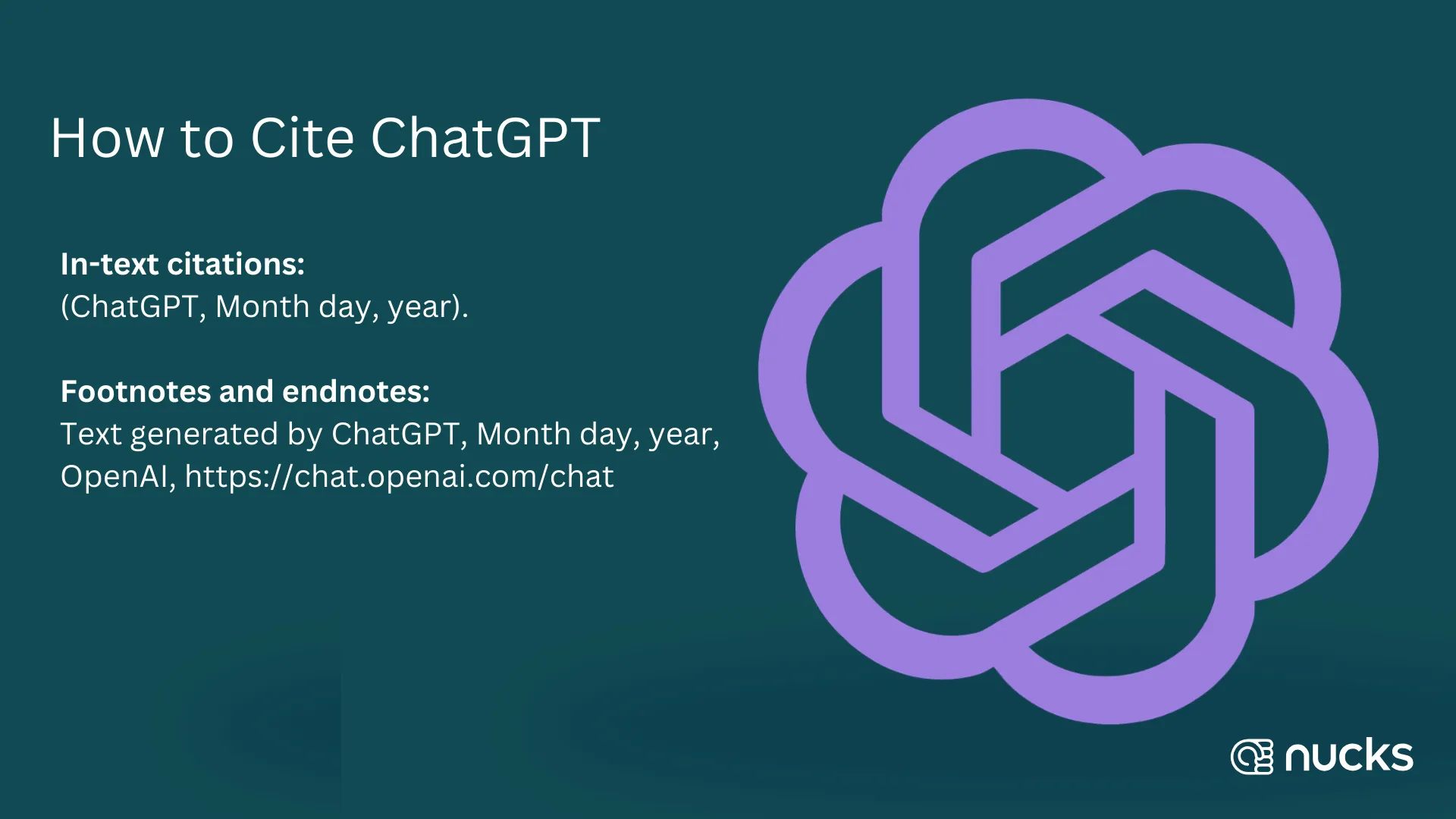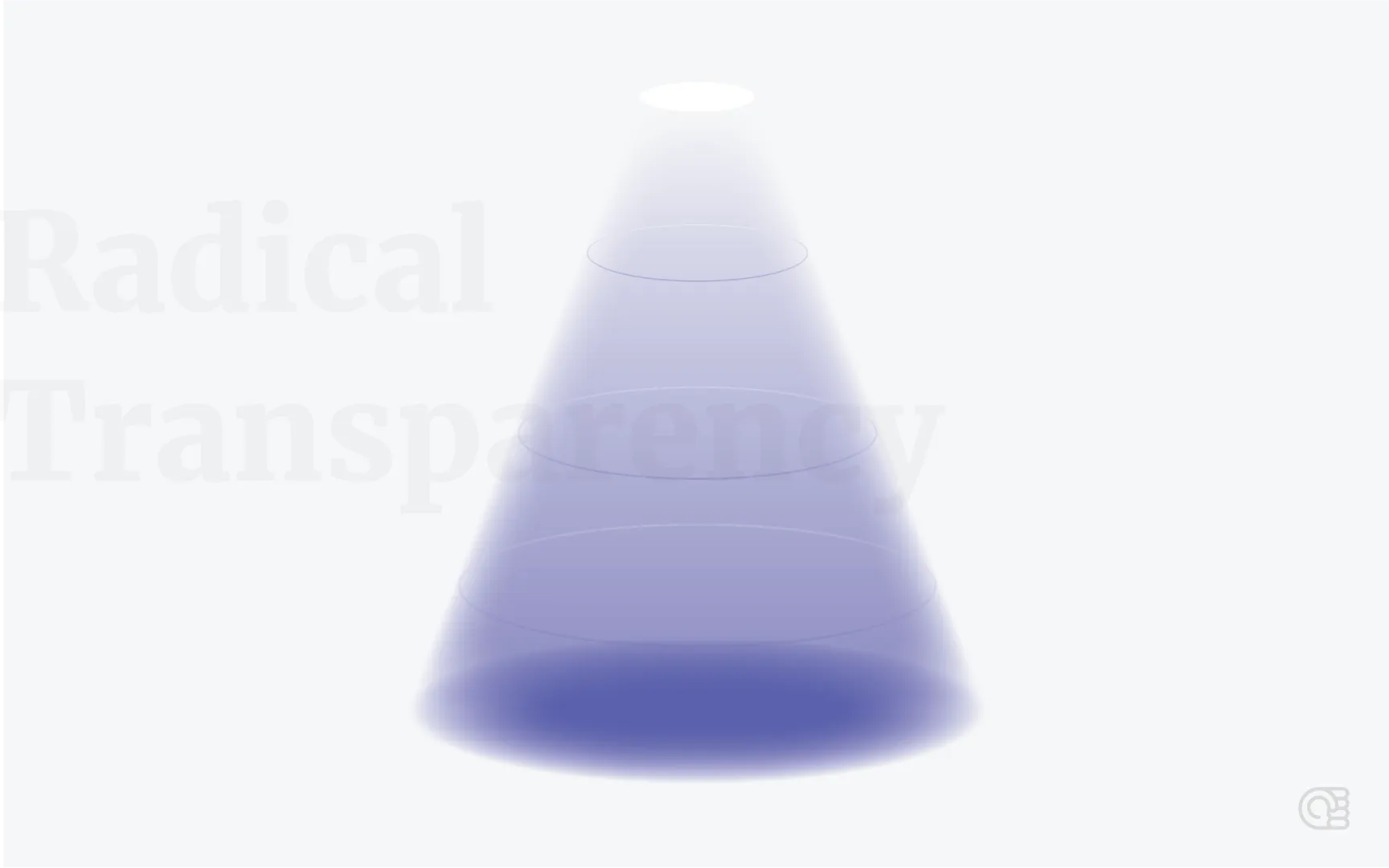How to Cite ChatGPT: A Guide for Writers and Researchers
October 7th, 2024 · 3 min read

Have other articles like this sent directly to your inbox 📥
Sign up for my newsletter
Receive quality content on diverse topics. The premium edition, for free. 👊🏽
More articles from Nucks

Radical Transparency
What transparency within companies could look like over the next decade.
March 13th, 2021 · 2 min read

The Story of the Maker
A modern reminder that there is more to life than hustling. No matter what hustle porn you might fall trap to, remember why you work.
October 31st, 2020 · 2 min read